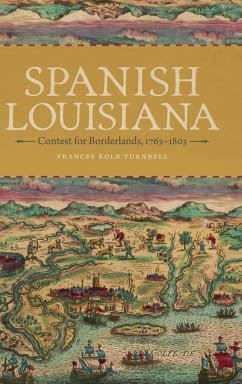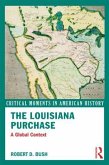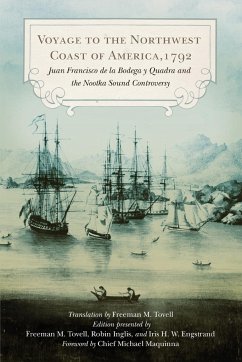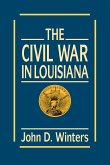"Despite the growing literature on the American colonial era, historians have largely ignored Spanish Louisiana, focusing instead on the more famous events and developments of late eighteenth-century North America and the Atlantic World. In this study--the first comprehensive examination of Spanish Louisiana--Frances Kolb Turnbell provides a long overdue examination of the region and period, revealing Spanish Louisiana's place in the dynamic competitions of peoples and empires that shaped eighteenth-century North America. As per the 1763 Treaty of Paris terms, Spain acquired French lands in North America west of the Mississippi and the Isle of Orleans, while Great Britain gained the lands east of the Mississippi and Canada. The Mississippi River served as an international political boundary, understood by officials as dividing a region that had been a single French colony. Spain controlled Louisiana for the following twenty years, a period marked by imperial rivalry, shifting borders, the American Revolution, competition for the Trans-Appalachian West, and the dawn of the Age of Revolutions. The period, Turnbell suggests, was one of tremendous upheaval and change. In 1763, lower Louisiana remained a cultural crossroads best characterized by the frontier exchange economy and rogue colonialism where local alliances, networks, and kinship held the political, social, and economic world together. By the end of Spanish control in 1803, the region had witnessed the unraveling of the frontier exchange economy, the waning of Native American power and prominence, and the rise of plantation slavery and agriculture. The period includes the New Orleans Revolt of 1768, Spain's failed first attempt at claiming Louisiana, and a moment that revealed colonial fear of departure from existing norms of trade and mobility. Afterward, Spain re-asserted its claims to Louisiana and entered an era in which it strove to build loyalty among the diverse colonial population and Native peoples. Much to the dismay of Spanish officials, most inhabitants of the region remained suspicious of Spanish control and flaunted their ability to cross the imperial border at will. Spain funneled aid to the rebel American colonies during the American Revolution and later declared war against Britain. Afterward, it nonetheless found itself entangled in an array of conflicts with the newly-formed United States over the border between the two nations. The outbreak of the French Revolution and the Haitian Revolution dramatically altered the struggle between Spain and its mostly ambivalent colonists in Louisiana. Most notably, Spain pushed for greater loyalty among them and attempted to curtail their mobility. However, fears of colonial rebellion eventually gave way to greater alarm over the growing potential for conspiracies among the enslaved. In the twilight of Spanish rule, as the plantation economy Spain had tried to foster finally began to boom with sugar and cotton industries, it retroceded Louisiana to France, ultimately undercutting its efforts to build a loyal and profitable border colony"--
Bitte wählen Sie Ihr Anliegen aus.
Rechnungen
Retourenschein anfordern
Bestellstatus
Storno









